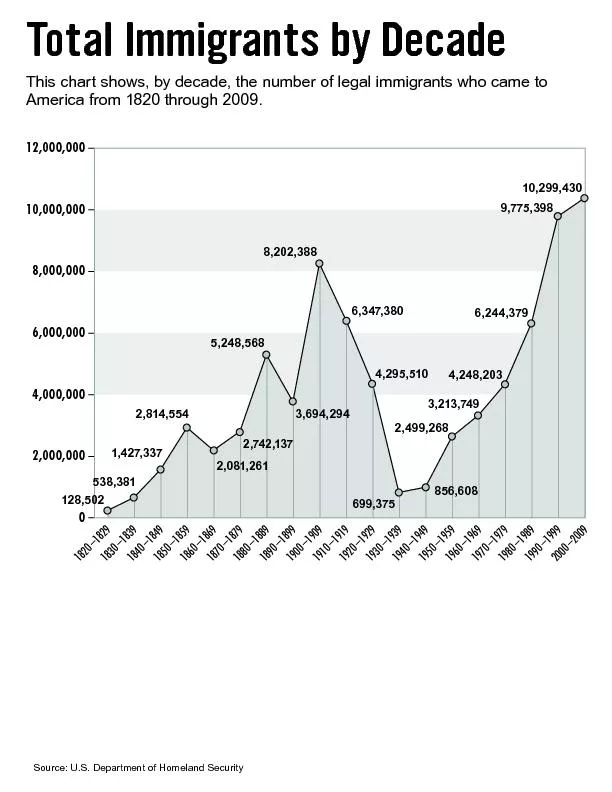PPT-2 nd and 3 rd Century – Age of the Apologists and Heresiologists (150 to 250 AD)
Author : nicole | Published Date : 2024-01-29
Session 2 Key Events and Places Key Events First part of second century a Period of relative peace for the church Clement of Rome writes letter to Corinthian
Presentation Embed Code
Download Presentation
Download Presentation The PPT/PDF document "2 nd and 3 rd Century – Age of the A..." is the property of its rightful owner. Permission is granted to download and print the materials on this website for personal, non-commercial use only, and to display it on your personal computer provided you do not modify the materials and that you retain all copyright notices contained in the materials. By downloading content from our website, you accept the terms of this agreement.
2 nd and 3 rd Century – Age of the Apologists and Heresiologists (150 to 250 AD): Transcript
Download Rules Of Document
"2 nd and 3 rd Century – Age of the Apologists and Heresiologists (150 to 250 AD)"The content belongs to its owner. You may download and print it for personal use, without modification, and keep all copyright notices. By downloading, you agree to these terms.
Related Documents














